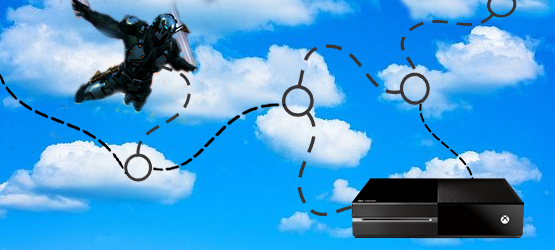At gamescom 2015, Microsoft revealed details on Crackdown 3’s 100% destructibility, and how it will utilize cloud computing to accomplish the very complex computations required for this feat. With this information, Daily Reaction is jumping into the discussion to ask the important questions about cloud computing, and explore if the future of technological processing is really in the mysterious entity known only as “The Cloud.”
Chandler: What is the cloud? Let’s try to answer this question first, before we get into talking about the complexities of cloud computing and how it will be affecting your gaming. In simple terms, the cloud is something that is not on your local machine. In fact, more or less, “the cloud” is a fancy term for the internet. No, data is not stored in the air like a physical cloud. There are physical networks of servers housing the information. However, your access to these servers — your email, for example, or the Google Doc I am using to write this article — is considered to be part of the cloud, because these things are not loading from or processed on your local machine.
Alright, so the cloud is basically the internet, then what is cloud computing? This is offloading some of the computations that would normally be done locally to instead be handled by external servers. The local machine is simply a window into the computing being done by the cloud. If you’ve ever played on web based game or used a web app, you’ve taken part in cloud computing. Cloud computing is a core feature that was touted by Microsoft for the Xbox One, and with our look at Crackdown 3 at gamescom 2015, we got our first real look at what it can be used for in the current gaming generation.
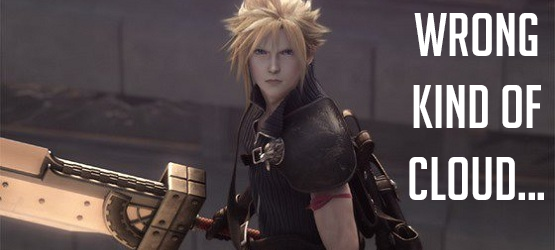
Now I have to offer a disclaimer. I’m not a web-net engineer, or a server-network handler, or anything else that might possibly actively work in maintaining or utilizing the cloud. I’m an end user, using the cloud on a daily basis, though I still have a lot of questions about what exactly is possible with it. Microsoft claims that cloud computing can make their console at least 10 times more powerful than the physical processor, with many sites reporting numbers exceeding that. If this is possible, why would we ever want to game on our boring old, weak, non-cloud powered consoles?
Remember when I said that the cloud is basically the internet? What does the internet require? A network connection. What has been the core complaint of many, from the initial reveal of the Xbox One, to Sony’s most recent network hiccups on the PSN? Network connections. If you know me, you know I’m already fully on-board with a fully connected world. I love networks and the near limitless possibilities that networks bring to every aspect of our lives. Did you know it’s possible to control your entire home from your smartphone, if you set it up that way? Microsoft’s Xbox One reveal went all in, because they were excited about the benefits of an always connected world. Gamers didn’t see things the same way.
So here we are, with Microsoft trickling out these benefits. Sure, there are potential issues with relying on the cloud to compute portions of your game, but think about how many other aspects of your life rely on the cloud as well. I don’t know the logistics on if the PS4 is capable of the same style of cloud computing as Microsoft’s console, but for the connected gamer with a relatively stable internet connection, they are tapping into potential that wouldn’t be possible without the power of the cloud, and it’s exciting to see the potential, even if it does have its share of hiccups. If you’re opposed, there’s always the less-than-impressive offline mode.
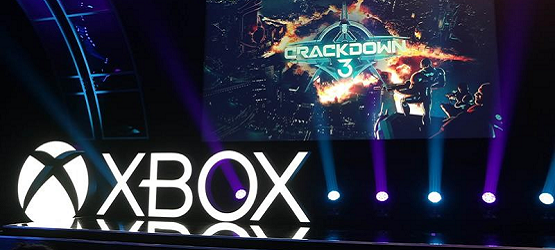
Dan: I think Chandler has done a good job in breaking down what cloud computing is, but this leads us into more current news with Microsoft’s recent reveal that Crackdown 3 will be the first title to fully rely on their new feature. The way it is planned to work is this: while playing online, gamers will be able to have a 100% destructible city to play around in. If you are playing through the offline campaign, you will not have the same level of destructibility, as instead all computations will be handled locally. The reason for this is that, if the single player was to also rely on cloud computing to crunch data, the game would be forced into being an always online title.
To be quite honest, I am very curious to see how Crackdown 3 will perform across the internet, and the difficulties it will see upon release. Not because I want it to fail, but simply because there are a number of complexities that will have to be answered about the true viability of something like this given the broad spectrum of connections gamers are using. By playing through any online title, you are sure to come across some gamers who are lagging or teleporting around the map due to unstable or poor speeds and something like this only complicates the situation.
Thankfully cloud computing will not be handled by other users, but instead by a server farm hosted by Microsoft. The issue will be more about the latency and the time it takes for information to sent offsite, computed, sent back and then rendered for a player to interact with it. The fact that Microsoft is kicking this off with a fast paced third-person shooter is a bold statement, and is something I think could really show the potential of the Xbox One down the line.
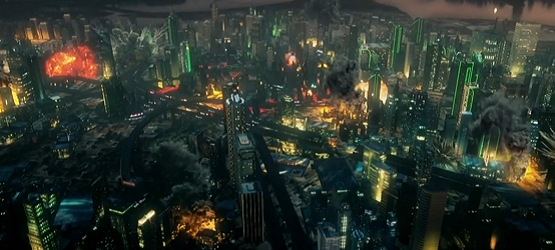
Sony, of course, has their own cloud service, which should theoretically be able to offer a similar concept, but much like Chandler, I don’t work directly in those markets, or know enough to positively state that it can. As there are obvious differences between how PlayStation Now works, and what Microsoft is currently trying to achieve, but neither are so far apart that there shouldn’t be some overlap. If Crackdown 3 is successful in pulling off what it intends to do in an actual real world environment, I think this could be something that influences other titles.
Sadly, much like I was already stating with potential performance issues, there are a number of other things that gamers are going to have see coming with a concept like this, and many of those are currently unknown. Whether it is that games utilizing cloud computing will have less of a life span online due to the high costs of maintaining servers for games without a subscription, or the always online issue, there are potential hazards that we simply do not know yet. So, while I am excited, I think I am more curious to see how this experiment works than to actually play the game.
Does cloud computing intrigue you? Do you think the possibilities and potential outweigh the pitfalls of cloud computations? Let us know in the comments below, email us at DailyReaction@PlayStationLifeStyle.net or check us out on Twitter @Foolsjoker and @Finchstrife.
Check out more of us reacting daily on Daily Reaction here.
Daily Reaction: The Slideshow
-
Are Villains Really the Star of the Show? – The Joker, Call of Duty and Until Dawn

A great hero is nothing without an opposing force to drive him, her, or it forward, and we explore the villains, antagonists, and foes in both likely and unlikely places.
-
PS Plus Vote to Play – Are We Generalizing Indie Games?
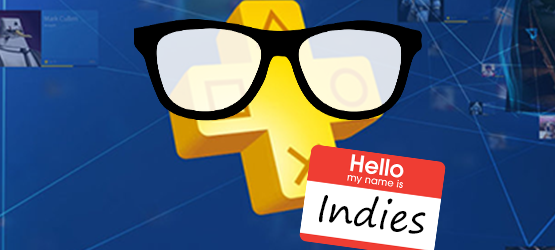
The term "indie" has been slung around the industry to mean low budget garbage, but are we being unfair to a subsection of the industry that leads in innovation and creative freedom?
-
How Sharing Is Changing the Industry – PSN and the Share Button

The ability to easily share our experiences has vastly changed how we game and how the rest of the world perceives video games. Just how much is sharing changing the gaming landscape?
-
Cracking Down on Xbox One Cloud Computing
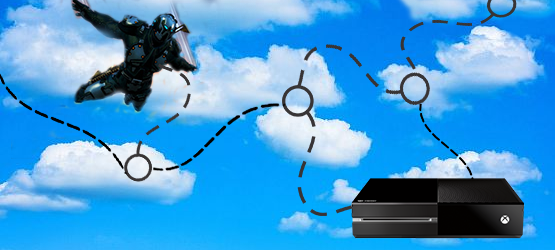
Despite the punny title referencing Crackdown 3, we actual drool over the possibilities that the cloud can offer as Microsoft shows off their latest footage featuring multiple servers worth of full destructibility in the world, while we also cite some minor concerns we may have with the tech.
-
Microsoft’s gamescom 2015 Press Conference Impressions
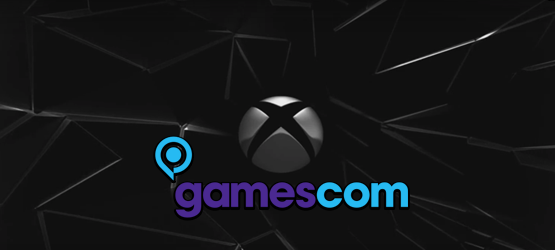
Microsoft finished their 2015 press conference at gamescom and it was a solid showing. Here are our blow-by-blow impressions of what Microsoft had to show off.
-
Guitar Hero Live and Rock Band 4 – Rhythm Games’ Encore
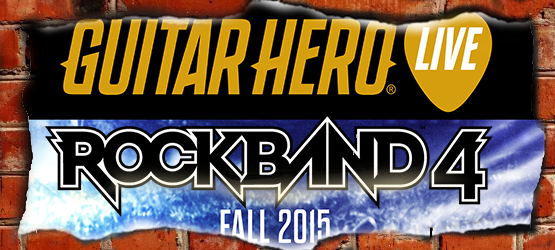
Rhythm games are coming back, but do gamers want the encore? Find out more about our history with the genre and what we are (or aren't) looking forward to when plastic instruments make a comeback.
-
Can a PlayStation Plus Voting System Make Gamers Happy?

Trying to appease unhappy gamers, Sony is giving them a choice to vote on the free Plus games for certain months. Will gamers still find a way to complain, or will this help ease the pain of feeling slighted by "bad offerings?"
-
Ouya’s Downfall and the Home Console Market
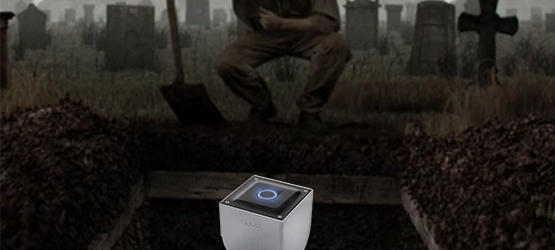
R.I.P. Ouya. We hardly even knew ya. In this edition we throw back all the way to the first Daily Reaction that talked about the Ouya and how it might be able to alter the gaming landscape. Have our views since then changed?
-
Are Gaming Accessories Important? VR, Fight Sticks and Gaming Headsets

Peripherals such as headsets, VR, plastic instruments, and motion wands can alter the way that we experience games, but are they required or even important to the gameplay experience?
-
Console vs PC: Rounds 1 and 2

Read the Daily Reaction Part 1 here.
Read the Daily Reaction Part 2 here.Console gamers and PC gamers often butt heads on which is better, but which one is truly the victor? We examine the pros and cons in multiple aspects of these platforms in this two part article.
-
Kickstarting Shenmue III, Broken Age, and More – Money Where Your Mouth Is

Kickstarter is a platform that can be used to gauge market interest by requiring consumers to put their money where their mouth is. Is this a good home for games that are demanded, but may not be financially viable?
-
How Important Is 1080p and 60fps and Overall Graphical Fidelity?
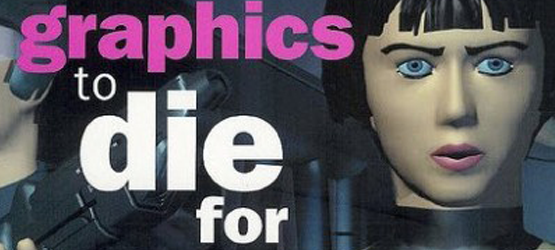
Graphics and visual fidelity are a massively debated factor in games, with some people attributing a high value to the magic numbers of 1080p and 60 frames-per-second. Is there a point where visual fidelity just isn't as important as other factors?
-
Clamoring for Information: The Desire to Know More
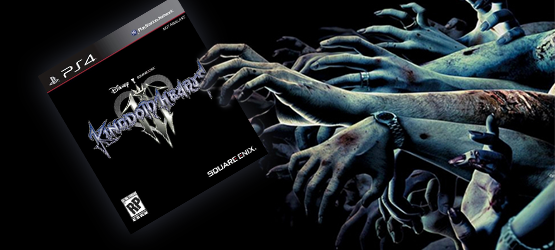
We're constantly pawing at any new bit of information that we can find out about games, but the information ebbs and flows in our industry. Does our desire to know more cause releases to be little more than a flash in the pan?
-
Remembering Our Giants – The Loss of Nintendo’s Satoru Iwata
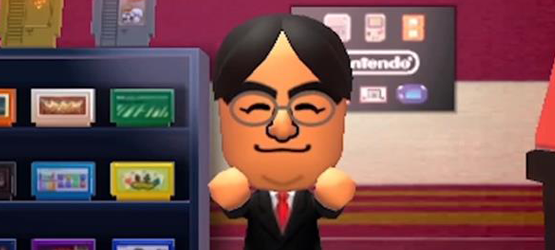
Nintendo's President and CEO has passed away, which makes us realize the fragility of life and relative infancy of the gaming industry.
-
A Dangerous Minefield of Video Game Spoilers

There are certain parts of an experience that hinge on the unknown, the mystery, and the surprise. Metal Gear Solid 2 swapping Snake out for Raiden? Aeris' fate in Final Fantasy VII? These are just a small sampling of the kinds of things that can have an impact if they are spoiled prior to a first experience and we're looking at how the unknown crafts a sense of wonder.
-
PSN Down - Does it Matter?
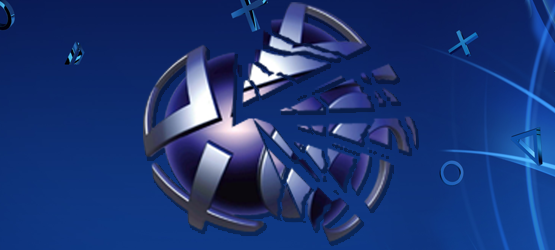
So the PSN is down again. Maybe not right now, but if history has taught us anything, it's that Rome wasn't built in a day and the PSN goes down periodically. Does the loss of our network connection really matter that much though?
-
The Last of Us 2: What We Want and What We Don't
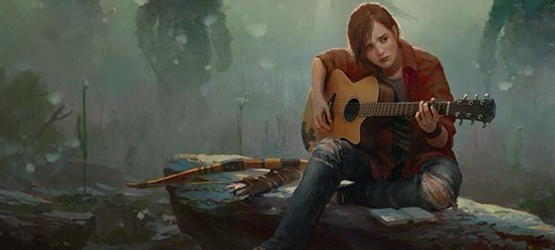
Nolan North has seemingly outed the existence of The Last of Us 2, and while Naughty Dog and Troy Baker both claim ignorance, we wanted to share our conflicting thoughts on what we want and what we don't want in a sequel to one of the greatest PlayStation games ever.
-
How Technology Will Push the Horror Genre Forward
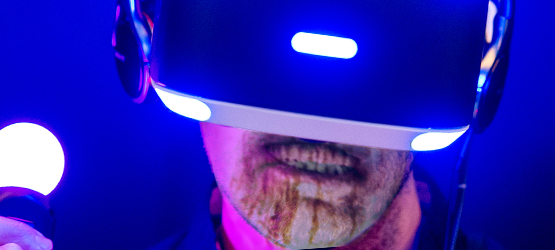
P.T. may be a distant memory, but new and coming technologies could change the face of horror games as we know them, allowing for fresh and immersive ways to be scared.
-
How Early is Too Early to Announce a Game?
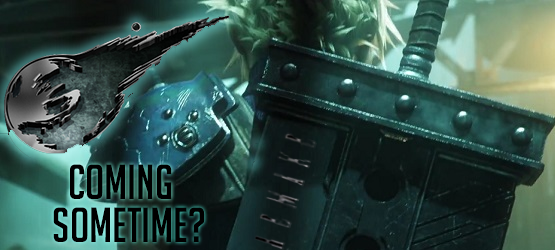
When should developers and publishers reveal their games? Can the strategy for timing between reveal and release impact a game's development and sales performance?
-
Has Nintendo Stepped Down From the Big Three?

Nintendo, Sony, and Microsoft have long been considered the "Big Three" in the console games market, but has Nintendo abandoned their seat at the table?
-
Is Backwards Compatibility Forward Thinking?
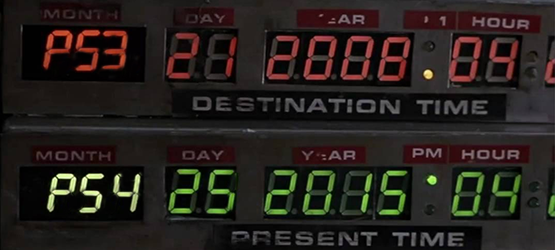
Microsoft announced backwards compatibility for the Xbox One at E3 2015, but is the time and money spent to make it happen forward thinking for the console market?
-
Oculus Rift vs. Project Morpheus - Pre-E3 Announcements
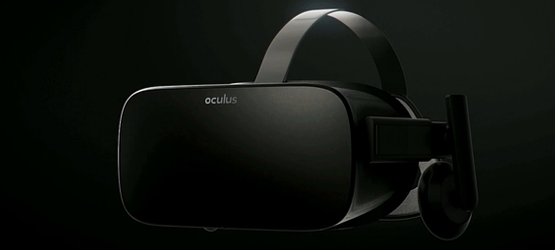
Project Morpheus and Oculus Rift are the primary contenders in the battle fro VR supremacy, and we compare the currently known specs and features.
-
Games, by Gamers, for Gamers
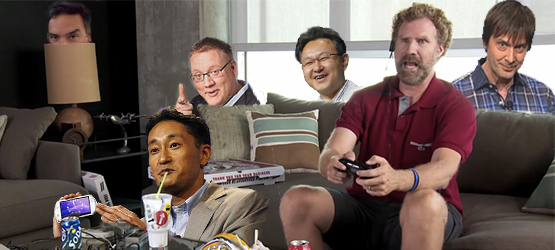
Many of the video game industry's biggest names are gamers themselves, and we talk about the importance of games by gamers, for gamers.
-
The Evolution of Discovery

Games have become about something more than simple high scores or arcade competition. We explore the evolution of the ability to discover in video games.
-
Countdown to E3 2015: Tips on How to Spend the Next 10 Days
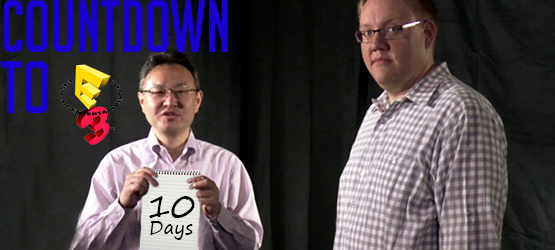
The wait for E3 can be a difficult one, so we're offering you some ways that you can make the wait more bearable. Are you reading this after E3? There are still plenty of entertaining pictures to accompany each suggestion. You can't go wrong with a Reggie Photoshop!
-
The Pros and Cons of App Based Extended Content
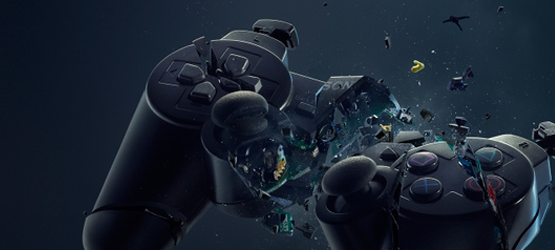
Some games have expanded beyond the screen in our living room by allowing our phones to connect with the game. Which ones are successful and which ones are unnecessary?
-
The Strategy Behind Having E3 Press Conferences
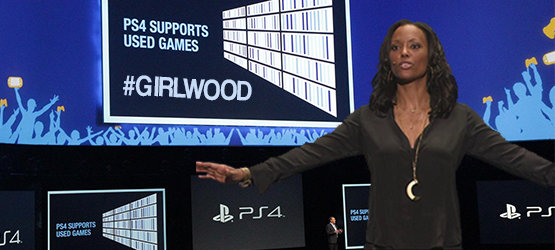
May I have your attention please? If you'll direct your eyes to the center of the stage, we'll be talking about why the major players in the industry hold E3 press conferences.
-
The Difficulties of Keeping an Embargo

As games journalists we have access to privileged information that we may not be able to reveal. Finding a balance between bringing content to our readers and maintaining positive PR relationships is crucial to our continued operation.
-
Unfair Bullying of Developers Over Game Updates
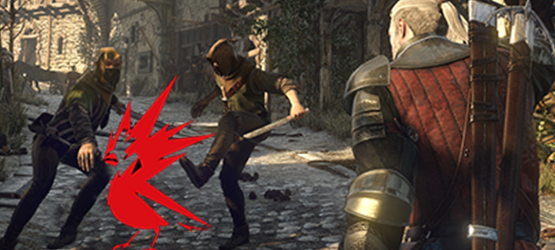
Game updates can create a stream of consciousness that a game is broken or that a developer took the lazy route during development. Is this treatment fair, or is the advancement of technology to allow for these updates an incredible thing?
-
Tempering E3 Expectations

Building up expectations to unreasonable levels can lead to disappointment when they are not met. Expect us to talk about tempering those expectations to enjoy every announcement, even the unexpected.
-
Evaluating The Witcher 3's Graphical Downgrade

Accusations of The Witcher 3 being downgraded graphically from its reveal trailer have caused a bit of a stir, and we're taking our own look at the claims.
-
The Adventures of Dynamic and Static Storytelling

Dynamic storytelling allows for more player freedom, but limits the kind of story you can tell. Static Storytelling let's creators have control of the story, but is an on-rails experience for players. Which is preferred?
-
Reigniting Destiny's Fire with House of Wolves

Did Destiny's second expansion reignite a fire that was snuffed out by The Dark Below?
-
Why Microsoft has the Right to Brick Consoles
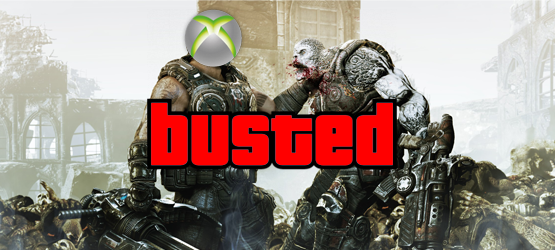
Do you ever read the terms of service? perhaps you should start, because we're looking at why companies may have the right to lock you out of content you think you own.
-
Always Online - The DRM Compromise
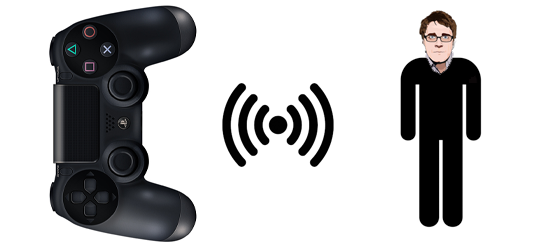
Advancements in technology are giving us increasingly connected worlds in our games, but are online components just hiding Digital Rights Management?
-
The Value of Gaming - How Much is Your Time Worth?

We spend a lot of money and time on our favorite hobby, but how do we measure the value of the money and time we spend on the games that we play?
-
The Backlog Problem
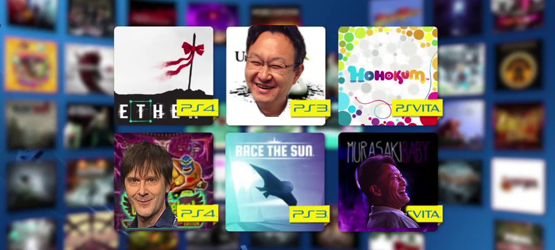
More and more games are coming out, more than we have time to play. With the rising number of games, there is also an increase to games that we want to play. Do we go back, or do we leave them behind?
-
Narrative vs. Experience - How are the Best Stories Told?
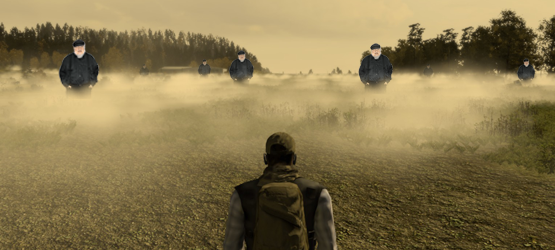
Would you rather be told a story or experience it for yourself? Is there a balance in a game telling you about a narrative point versus playing through it?
-
What Makes a Perfect Star Wars Game?
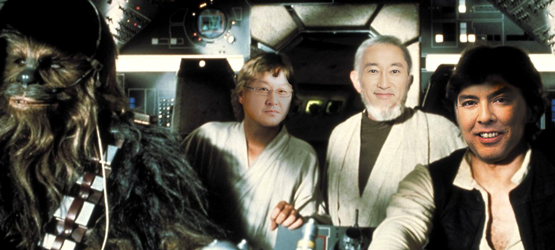
Everybody loves a good Star Wars game, but what makes the best Star Wars game? We take a stab at what we want to experience and what combined elements would bring balance to the Force.
-
Has PlayStation's Powers TV Show Failed?
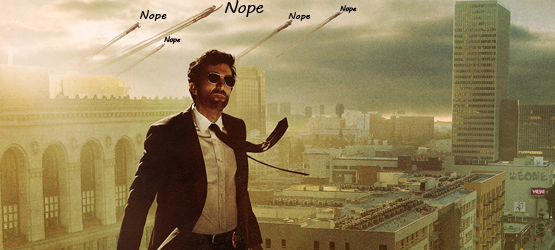
Numerous mixed reviews and a lack of solid marketing have left the critical future of Powers in limbo. Though there will be a season two, we explore whether the series has already failed in its intention to bring a streaming exclusive to the PSN.
-
Information Leaks - Do They Hurt the Industry?

Games are a huge endeavor, and as such, information is not easy to contain. If something gets leaked outside of marketing's planned strategy, how does that impact the developer, publisher, and the rest of the games industry?
-
HD Remastered Edition - Does Recycled Content Hurt the Industry?
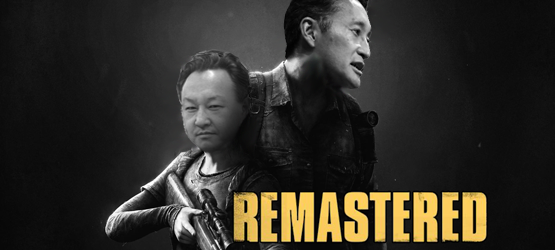
Daily Reaction is back in a new form, and our first post is talking about HD remasters and the trend of making what's old new again. Should we be living in an HD version of the past?
